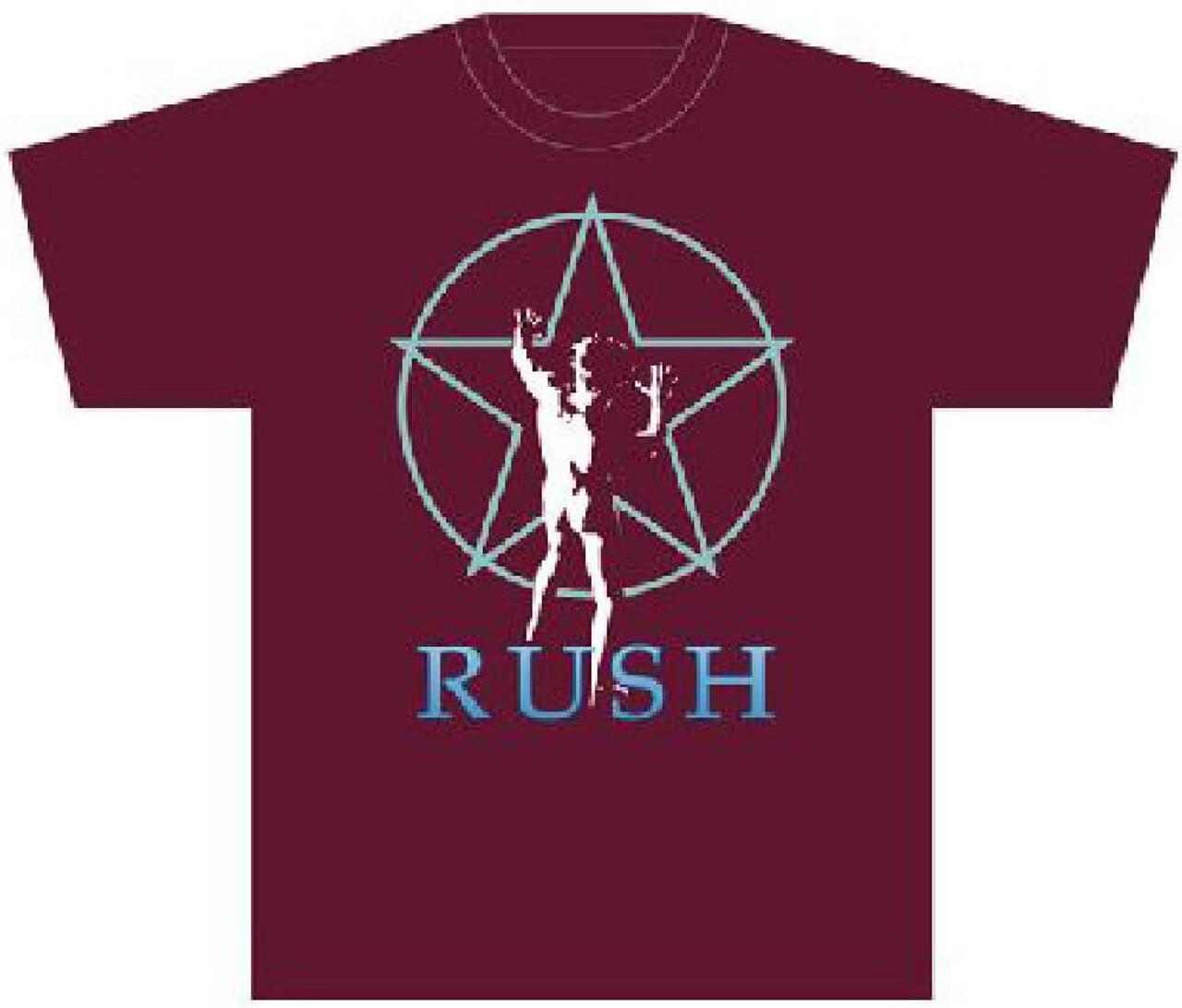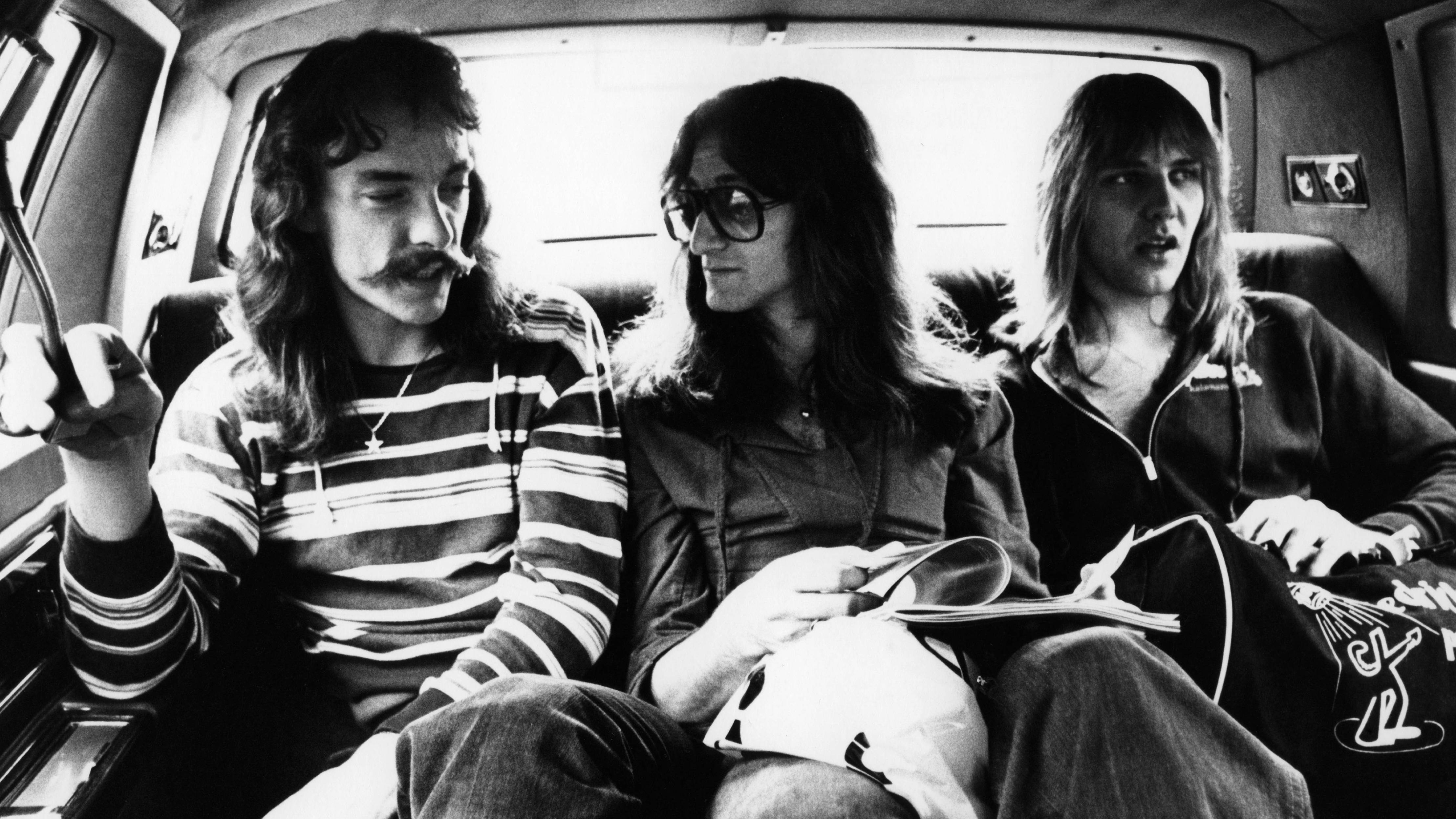
But this is hardly an all-star cast and is unlikely to appeal to hard-core Rush fans. Still, Canadian singer-songwriter Jacob Moon’s gruff yet tremulous vocals are the highlight of his version of Something For Nothing, and Lifeson’s signature guitar tone is replicated with remarkable accuracy. Alice In Chains, bizarrely, treat Tears like an Andrew Lloyd Webber show tune. Steven Wilson delivers a sensitive The Twilight Zone, but there’s a baffling duet with a Dalek on the chorus. Billy Talent’s Passage To Bangkok is musically faithful but ruined by unnecessarily aggressive vocals. Dave Grohl, Taylor Hawkins and Nick Raskulinecz fail to get to grips with the Overture movement of the 2112 opus – the ‘headbanging bit’ (Rush fans will get it) goes spectacularly pear-shaped, and Grohl’s insensitive bish-bashing makes one hanker for the niceties of Peart’s drumming technique.

Solar Federation isolates the spoken voice-over at the all-conquering climax of 2112: ‘ Attention all planets of the Solar Federation: we have assumed control.’ Er, that’s it. So to the bonus tracks on this 40th-anniversary release – and a right mixed bag they are too. With a running time of just 3.59, Something is much too short, however, and fades inexplicably early. Thank God, then, for storming closing track Something For Nothing, which almost sounds like a leftover from Rush’s Zeppelin-esque first album. A Passage To Bangkok is, to put it bluntly, a jaunty pop song about an interesting train ride The Twilight Zone has delightful chiming Thin Lizzy guitars but is so low-key it’s almost throwaway Lessons could by a CSN&Y demo Tears is reminiscent of a saccharine Moody Blues lullaby. Lifeson’s initial gentle tentativeness is genuinely evocative, and when he finally gains the confidence to let rip it’s no exaggeration to describe the moment as life-affirming.Ĭonversely, the passage of time hasn’t been particularly kind to the remaining tracks on the album.
#RUSH 2112 ALBUM REVIEW ULTIMATE CLASSIC ROCK HOW TO#
The best part of the 2112 story has always been when the central character discovers an abandoned guitar (‘ What can this strange device be?’) and learns slowly how to master its six sonorous strings. And for this writer, immersed as I was in Moorcock and Marvel Comics back in ’76, 2112 was very much the right record at the right time. There’s an endearing naivety to the piece too – this was no work of premeditation, just an honest outpouring of fantastical thoughts. Even if you haven’t heard 2112 for years, you’ll recognise immediately every last Alex Lifeson power chord, every last shrill Geddy Lee warble, every last Neil Peart pitter-patter drum pattern.

But sometimes less is more, and the title track – which of course details the failed struggle of a lone man to bring the joys of music back to a dystopian world – remains an awesome piece of work.

The five songs on the flip-side (as was) are all around the three- or four-minute mark. The main concept suite, which occupied side one of the original vinyl record, lasts a shade over 20 minutes. Listening to 2112 today, one is struck by both its brilliance and its brevity. News of 2112’s excellence spread by word of mouth more than anything else, and when the band toured the UK for the first time in ’77 – at the height of punk, no less – an army of pale-faced rock fans emerged from the shadows to greet them like conquering heroes. Despite this hostile environment, Rush stuck their heads above the sun-scorched parapet.


 0 kommentar(er)
0 kommentar(er)
